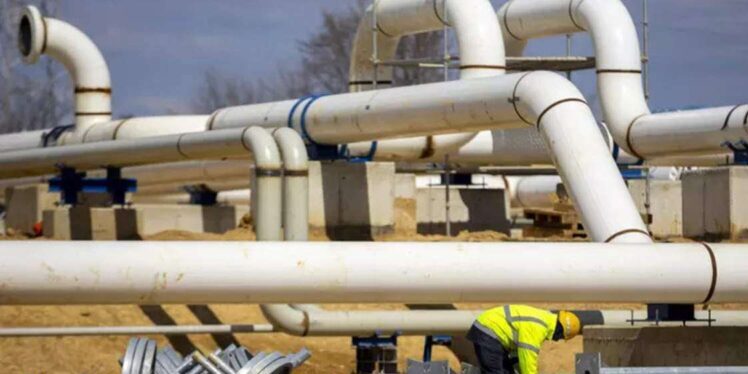Turkey’s energy infrastructure has suffered severe damage from the two earthquakes that shook Turkey and neighbor Syria yesterday, killing more than 3,000 people, according to the country’s government.
The first 7.7-magnitude quake damaged a big port on the Mediterranean, Turkey’s Energy and Natural Resources Minister Fatih Donmez said, as quoted by news agencies, and later in the day, a fire broke out at the same port.
Operations at the Ceyhan oil terminal were halted as a result of the quake but Turkey’s oil pipelines—Kirkuk-Ceyhan and Balku-Tbilisi-Ceyhan—were undamaged.
Despite the fact that the oil pipelines are intact, there could be delays to operations at the Ceyhan oil terminal, the endpoint of the Kirkuk-Ceyhan pipeline, a major export line from Kirkuk in Iraq.
What’s more, the Kurdistan Regional Government said it had suspended flows along the Kirkuk-Ceyhan pipeline in the wake of the quake.
“Due to the earthquake that hit Türkiye and Syria, and to ensure the safety of oil exports and prevent any undesirable incidents, oil exports through the pipeline connecting the Kurdistan region to Türkiye have been suspended,” the KRG said.
Kurdistan normally transits some 450,000 barrels of crude daily through Turkey via the Kirkuk-Ceyhan pipeline. An official from the Kurdistan government said on Twitter that the flow of oil will only resume after careful inspection of the pipeline to make sure it has sustained no damage.
Meanwhile, electricity transmission lines and gas distribution pipelines in Turkey have also suffered damage, according to Donmez, confirming information provided earlier by Turkey’s national pipeline operator BOTAS. The company said gas flows to three provinces had been halted following the quake.
“We have sent our mobile power plants to the region. In particular, we will try to supply natural gas and power to sites such as hospitals, kitchens and bakeries, both through the method of transporting compressed natural gas (CNG) and through mobile generators,” the Turkish Energy and Natural Resources minister said.
![]()




